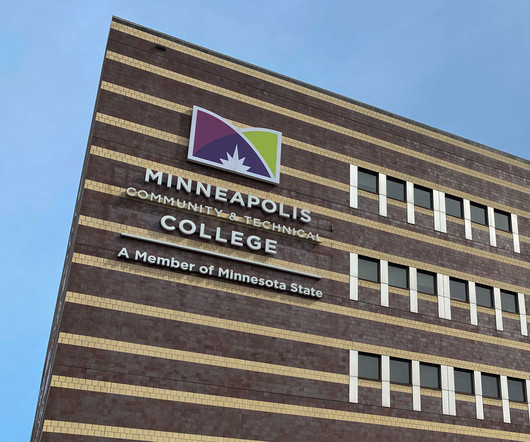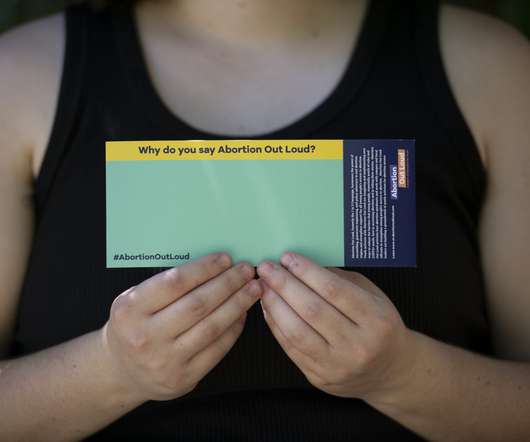Edtech, Equity, and Innovation: A Critical Look in the Mirror
Digital Promise
APRIL 23, 2019
Instead, we tend to excuse inadequate or unsavory outcomes as necessary growing pains in the pursuit of “innovation.” In our current education system, we continue to see gaps in graduation rates and unequal access to high-quality public schools. We are often reluctant to label anything facilitated through technology as a failure.





















Let's personalize your content